


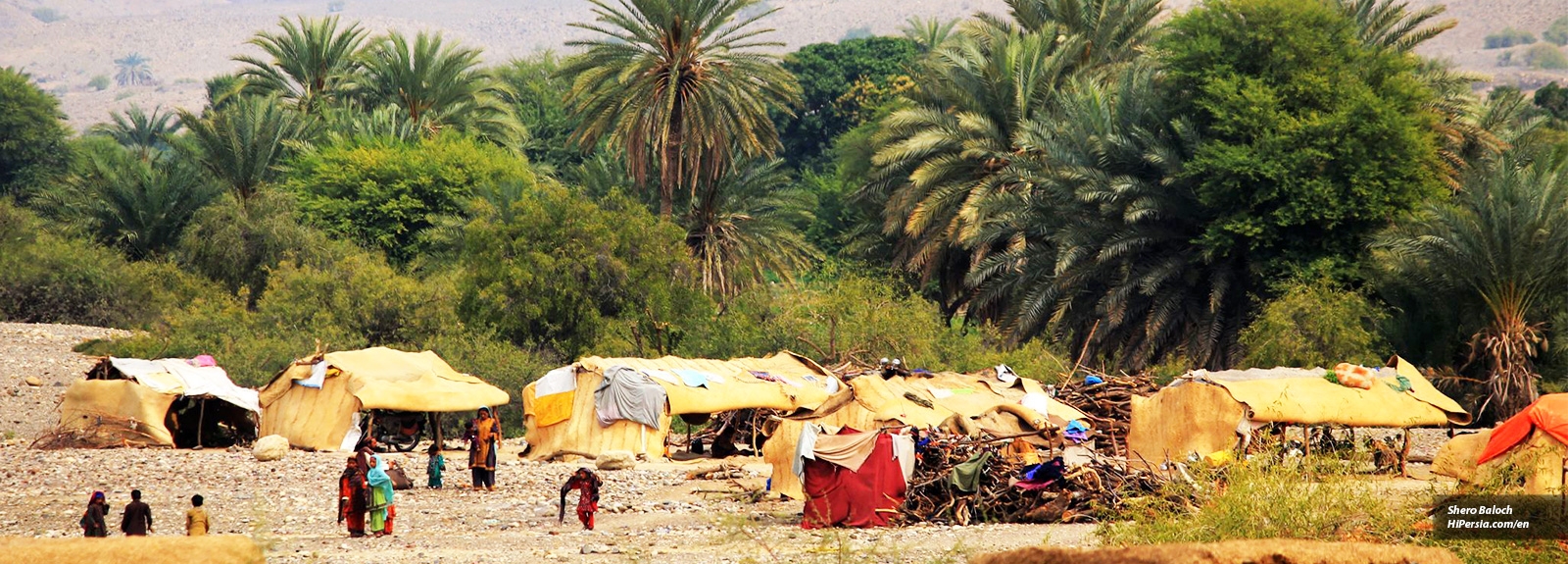
The Baloch is an Iranian tribe, living in Iran, Afghanistan, Pakistan. It is the largest population of the province of Sistan and Balochistan.
The Sistan and Balochestan city is one of the southeast border towns of Iran and is neighbors with Pakistan and Afghanistan. The dry and warm land with pretty low rainfall. Baloch people used to get water from the Qanat. Balochs are more likely to cultivate citrus and dates. There is a lot of similarity between the air of Balochistan and India, so products such as Tamarind, coconut, mango, banana, and figs, and so onare cultivated.
The weather and climate conditions anywhere affect the people of that area. Balochistan is a hard-working and warrior, kind and hospitable due to the difficult conditions of life and the warm and dry weather, and its history. Balochistan has a fantastic skill in shooting, camel riding, hunting, desert climbing, and Mountain climbing.
The Baloch people speak Balochi, a mix of old and new Persian. Due to the scope of Balochistan and the dispersion of the population, the diversity of dialects among Baloch people is great.
The Balochistan people are Muslim, and most of the people are Sunnis.
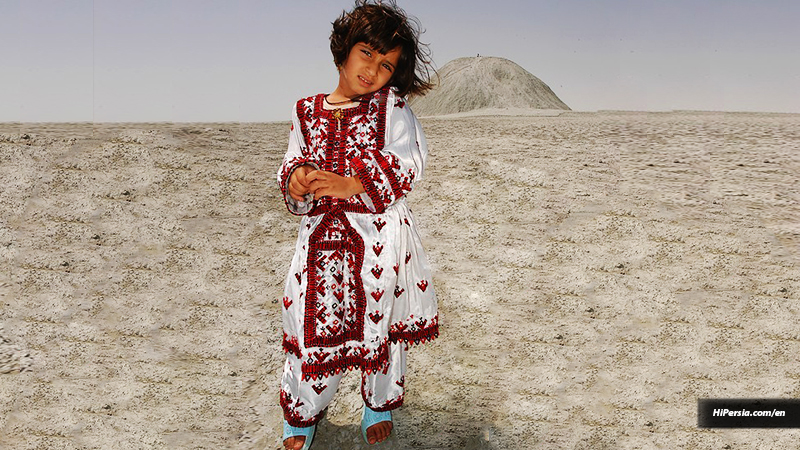
Marriage and related celebrations are the most important ceremonies in Balochistan. Balochs care for the wedding, as it strengthens tribal and kinship relationships.
The age of marriage for Baloch boys is about 15 to 18 years old, and for girls from 13 to 14 years of age. Balochi usually chooses the spring season for marriage, but from spring until September, weddings are held in Balochistan.
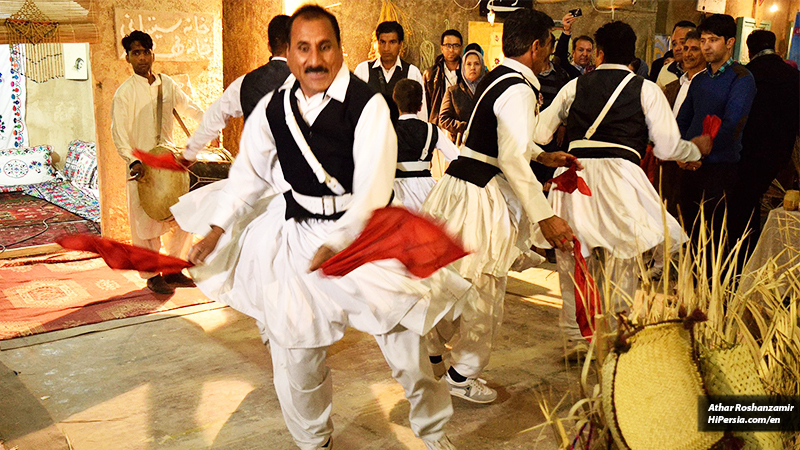
The clothes and the type of coverage of each region reflect the arts and lifestyles of its people.
Baloch women have long shirts with open collars. Their shirts have different colors. Women do not usually wear shoes, and they walk on the soil. They like jewelry very much and wear it a lot.

Baloch men wear long cloth with an open collar, a white gown, a thick belt, and braided socks by Baloch women.
The central source of income for Balochistan is agriculture and nomad Balochistan is animal husbandry. Handicrafts produced by Baloch women. Women do things like needlework, weaving kilim, Sew the coin, pottery, sew the Khameh and weaving Mat.
Needlework: The needlework is one of the most original Balochistan arts, which has a global reputation. They use this art to decorate clothes, Prayer rug, belts, cushions, tablecloths, Lampshades and so on.
weaving kilim: Usually, rancher women make Kilim. They use patterns in black, crimson, red, and slightly white or yellow for Kilim.

Delicious dishes are memorable with Balochi's flavors for all travelers. Foods such as Tanurcheh, Tabahak, Dough Pa and so on.
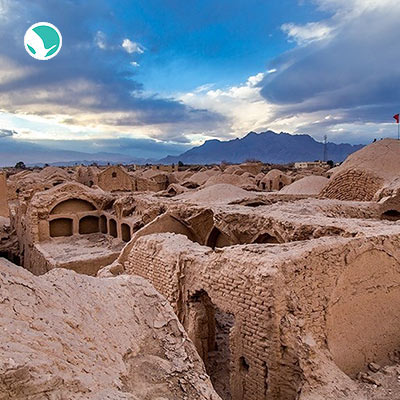
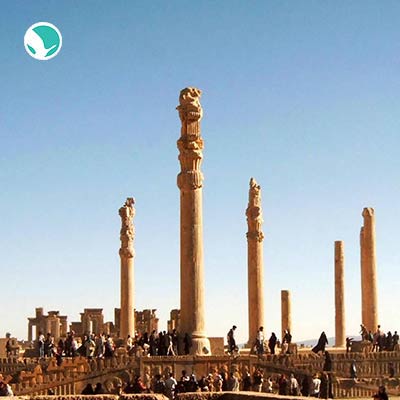

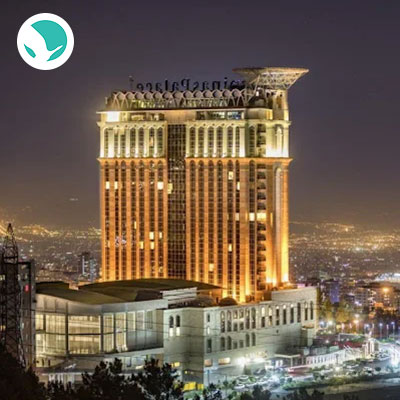
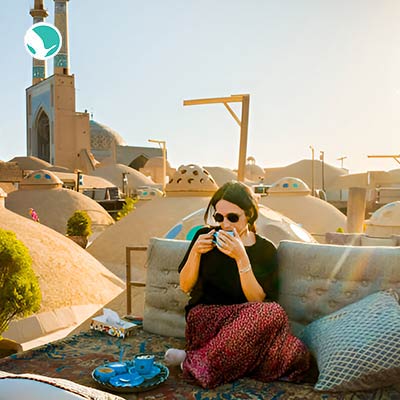
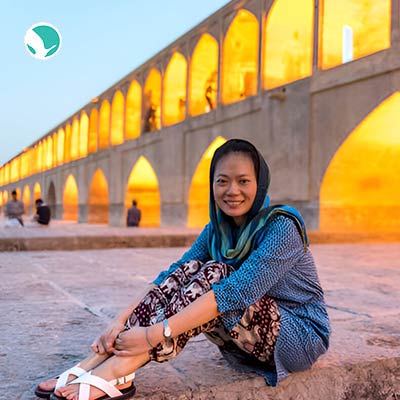
“Oh! Squander not this breath that Heaven hath lent thee, Nor make too sure another breath to borrow!’” Khayam